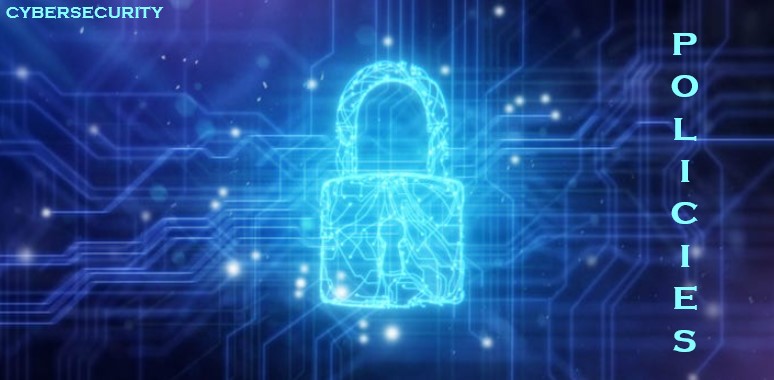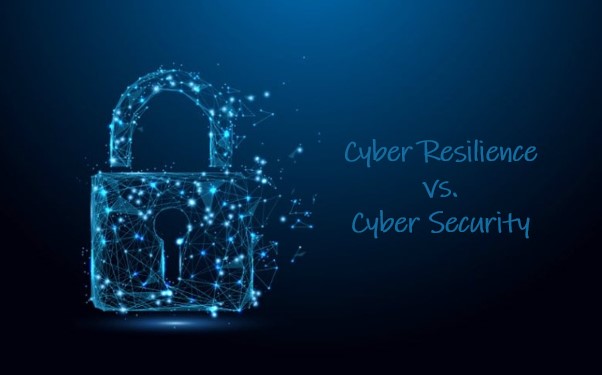Safeguarding Your Organization: The Vital Role of Security Policies and Effective Implementation
September 15, 2023

In the ever-evolving landscape of cybersecurity, organizations face a multitude of threats that can compromise sensitive information and disrupt operations. To navigate this challenging environment successfully, organizations must establish robust security policies and ensure their effective implementation. Security policies provide the foundation for protecting assets, guiding employees’ actions, and mitigating risks. In this blog, we will explore the importance of security policies and how their proper implementation contributes to the overall security of an organization.
Establishing a Framework for Security
Security policies serve as a framework that outlines an organization’s approach to security. They provide clear guidance on expected behaviors, responsibilities, and best practices for protecting sensitive information and systems. By defining security policies, organizations set the tone for their security culture, ensuring that security becomes an integral part of day-to-day operations. These policies should cover a wide range of areas, including data protection, access controls, incident response, acceptable use of technology, and employee responsibilities.
Aligning with Industry Standards and Regulations
Security policies help organizations align with industry standards and comply with regulatory requirements. Depending on the nature of the organization and the data it handles, various industry standards and regulations, such as the General Data Protection Regulation (GDPR) or the Payment Card Industry Data Security Standard (PCI DSS), may apply. Security policies provide a roadmap for meeting these requirements, enabling organizations to protect sensitive data, avoid penalties, and build trust with customers and partners.
Mitigating Security Risks
Comprehensive security policies outline measures and controls designed to mitigate security risks. They provide a systematic approach to identifying vulnerabilities, implementing safeguards, and defining incident response procedures. By conducting risk assessments and integrating the findings into security policies, organizations can proactively address potential weaknesses. Regularly reviewing and updating policies to reflect emerging threats and changing technologies is crucial to maintaining an effective risk management framework.
Guiding Employee Behavior
Security policies play a pivotal role in guiding employee behavior and establishing a baseline for security awareness and accountability. By clearly communicating expectations and rules regarding technology usage, data handling, password management, and reporting incidents, organizations empower employees to act as responsible stewards of security. Policies should be written in a clear and concise manner, easily accessible to all employees, and accompanied by regular training and awareness programs to reinforce their importance.
Enforcing Consistency
Consistency is essential for effective security management. Security policies provide a framework for consistent implementation of security measures across the organization. They ensure that security controls, such as access controls, encryption, and incident response procedures, are uniformly applied. Consistency reduces the likelihood of security gaps and ensures that security is not compromised due to variations in practices across different departments or teams.
Supporting Incident Response and Recovery
In the event of a security incident, well-defined security policies are invaluable. They guide employees and incident response teams through the necessary steps for containment, investigation, and recovery. By including incident response procedures in security policies, organizations streamline their response efforts, minimize the impact of incidents, and facilitate a timely return to normal operations. Regular testing and review of incident response procedures help identify areas for improvement and ensure their effectiveness.
Security policies are a vital component of an organization’s cybersecurity strategy. By establishing a framework for security, aligning with industry standards, mitigating risks, guiding employee behavior, enforcing consistency, and supporting incident response and recovery, security policies play a central role in safeguarding sensitive information and systems. However, policies alone are not enough—effective implementation is crucial. Organizations must ensure that policies are communicated, understood, and consistently applied throughout the organization. Regular review and updates to security policies, in line with evolving threats and technologies, reinforce the organization’s commitment to security and its ability to adapt to the dynamic cybersecurity landscape. By prioritizing security policies and their implementation, organizations establish a strong foundation for robust security practices, protecting their valuable assets and maintaining the trust of stakeholders.
Have Any Question?
Call or email Cocha. We can help with your cybersecurity needs!
- (281) 607-0616
- info@cochatechnology.com





